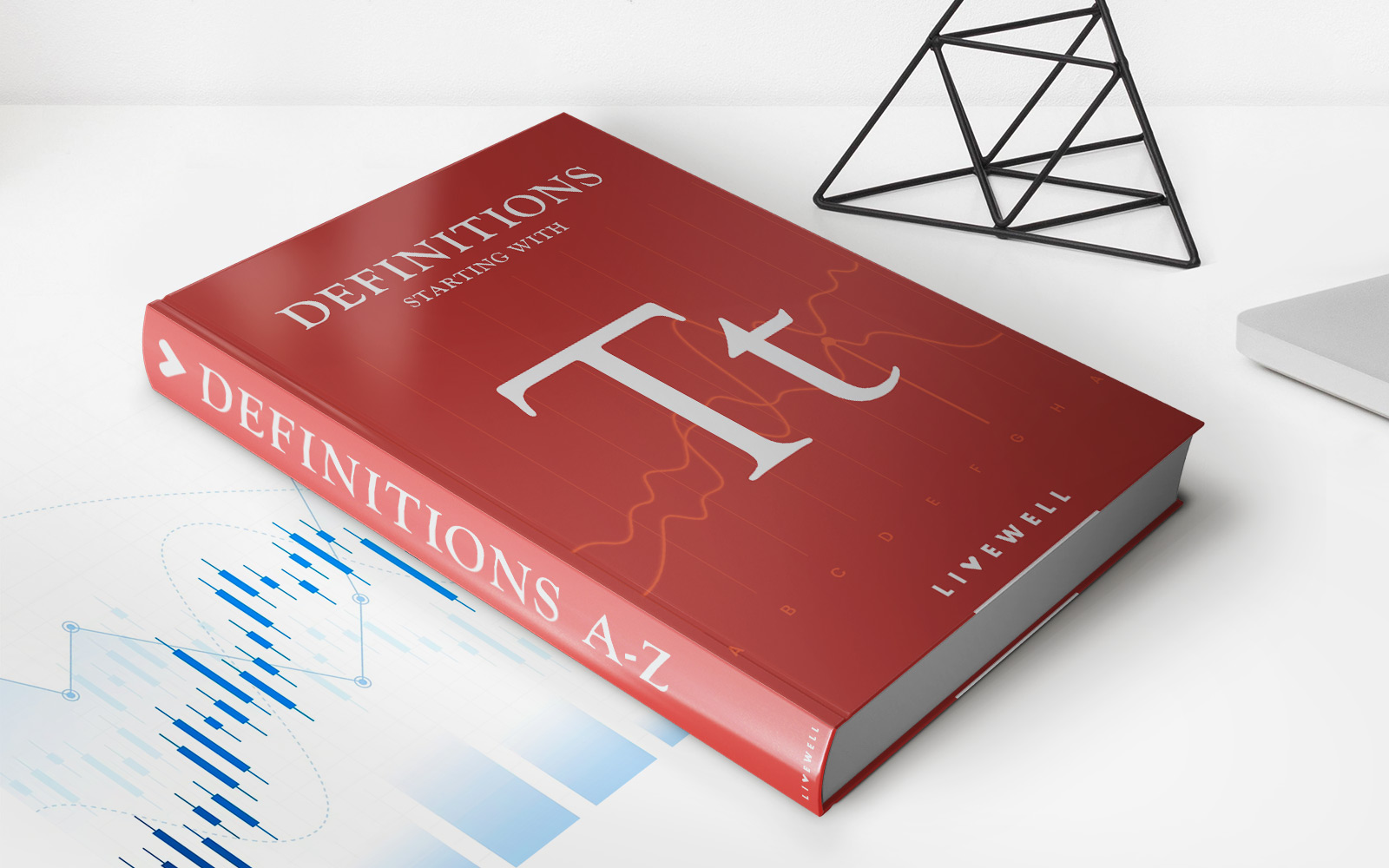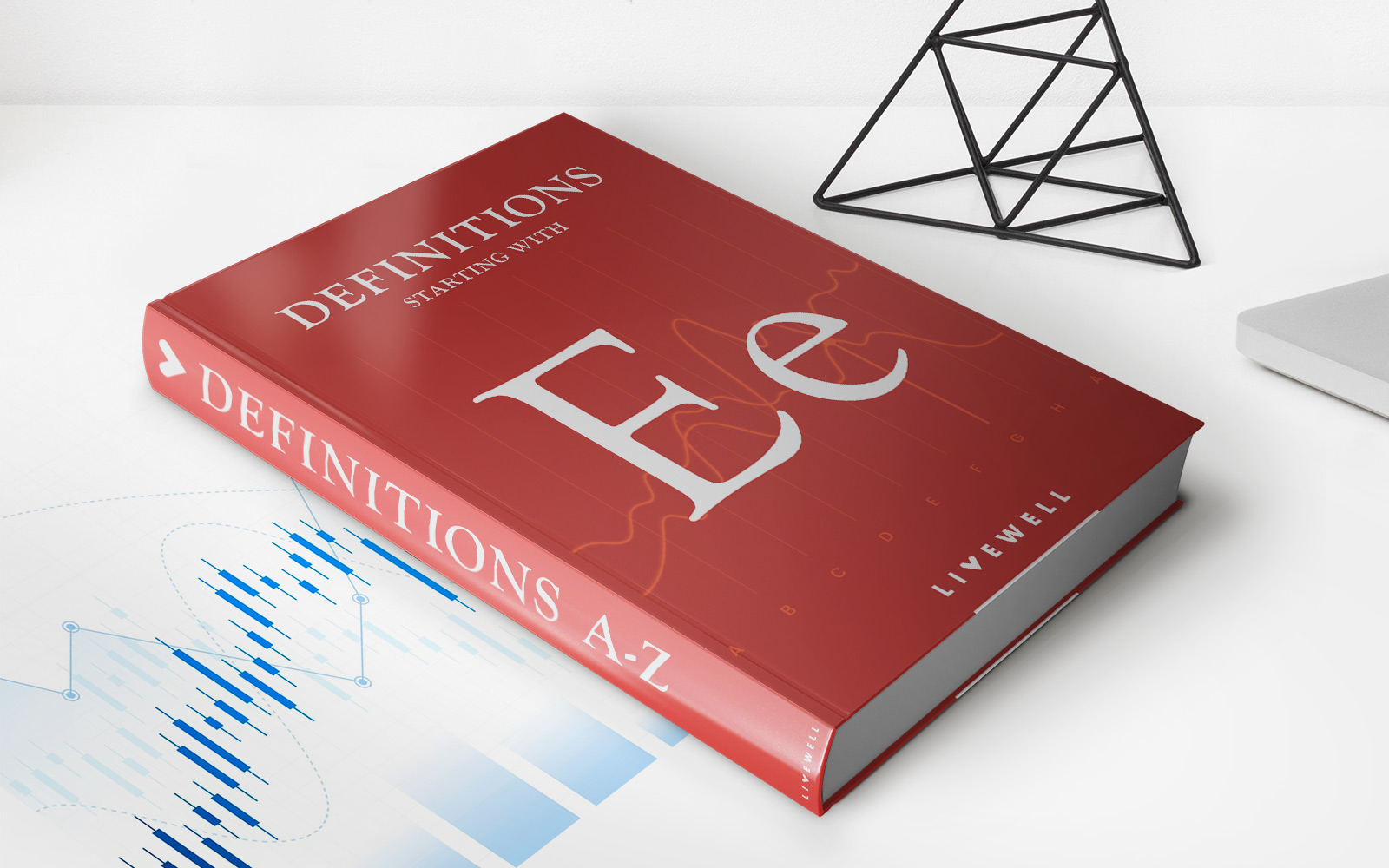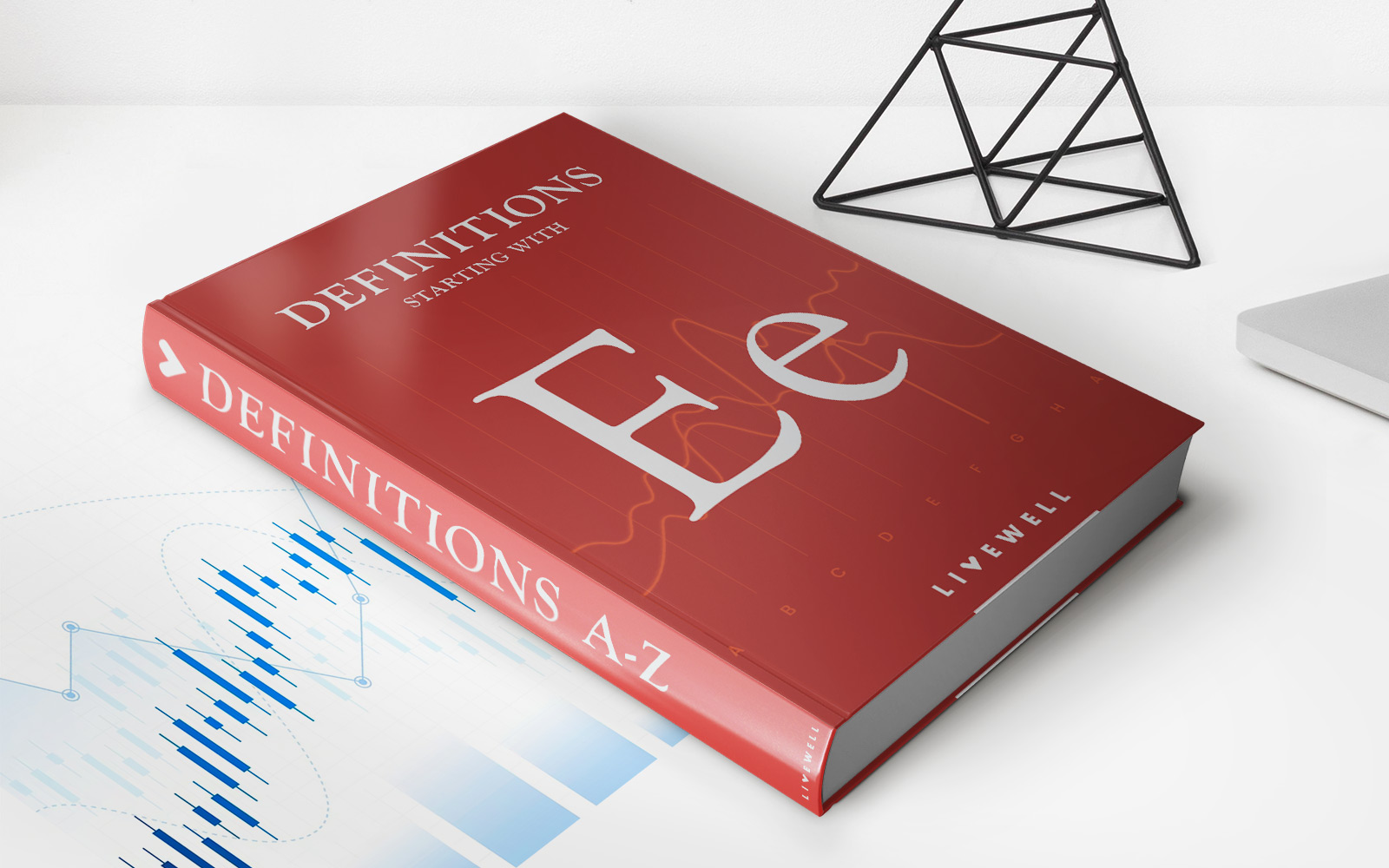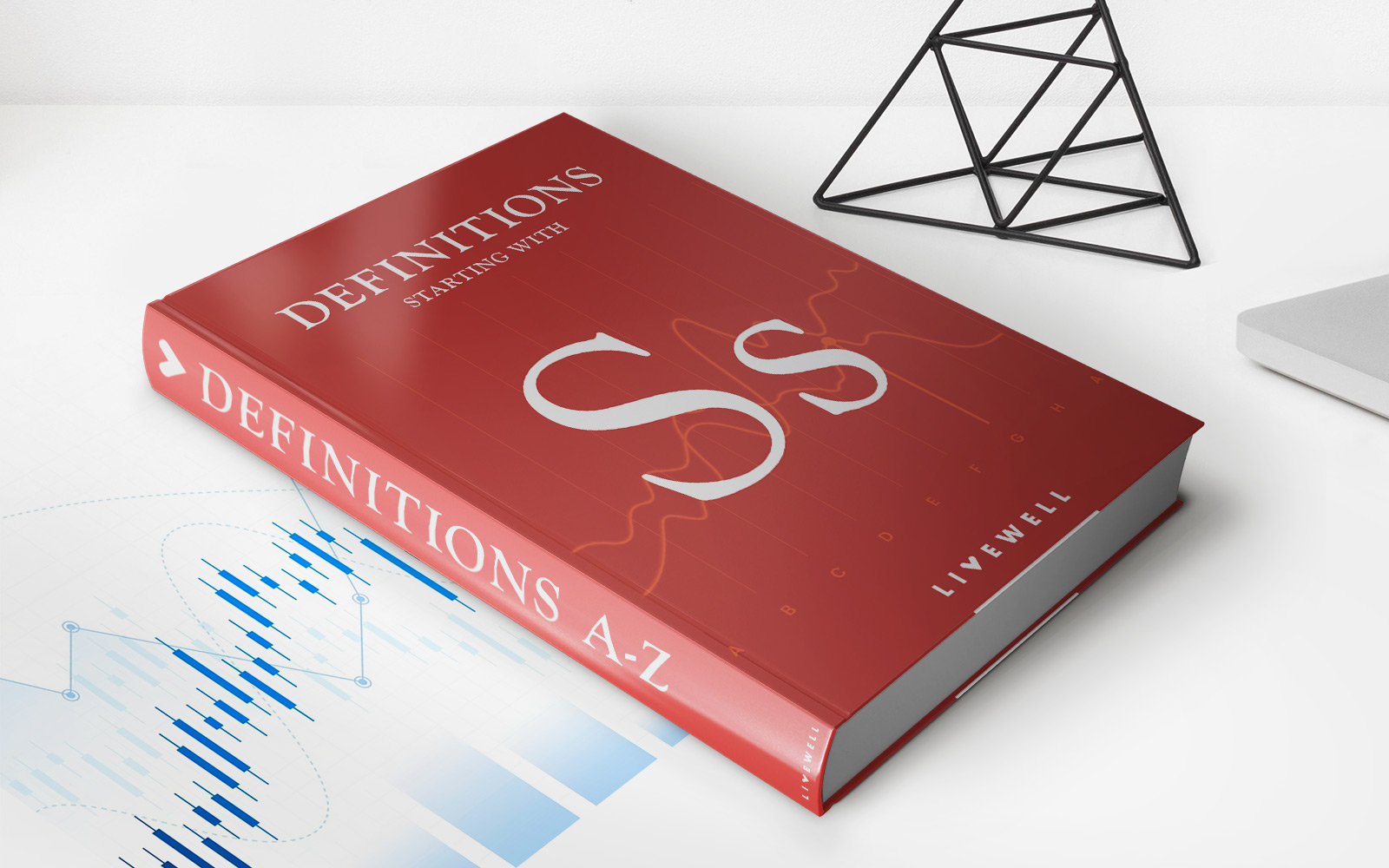

Finance
Bona Fide Error Definition
Published: October 17, 2023
Learn about the definition of bona fide error in finance and how it can impact your financial decisions and legal obligations. Find out more today!
(Many of the links in this article redirect to a specific reviewed product. Your purchase of these products through affiliate links helps to generate commission for LiveWell, at no extra cost. Learn more)
Understanding Bona Fide Error: A Financial Guide
Welcome to our Finance blog, where we delve into various aspects of personal finance to help you make informed decisions and manage your money wisely. In this post, we will explore the concept of a bona fide error in the financial world. If you’ve ever wondered what exactly constitutes a bona fide error and how it can affect your financial circumstances, you’re in the right place.
Key Takeaways:
- A bona fide error is an unintentional mistake made by a financial institution in data reporting or financial calculations.
- Understanding bona fide errors is crucial, as they can impact your credit score, loan applications, and overall financial stability.
So, let’s start by answering the question: what is a bona fide error? A bona fide error, in the context of finance, refers to an honest and unintentional mistake made by a financial institution in data reporting or financial calculations. These errors can occur in various financial transactions, such as mortgage loans, credit reporting, debt collection, or credit card billing. It’s important to note that a bona fide error is not an intentional act of deception or misrepresentation.
Now that we understand what a bona fide error is, let’s explore its potential implications on your personal finances. Here are key points to consider:
- Impact on Credit Score: If a bona fide error occurs during the reporting of your credit information, it can negatively impact your credit score. This, in turn, can affect your ability to secure loans, obtain favorable interest rates, or even rent a home. It’s essential to regularly review your credit reports and dispute any errors promptly to protect your creditworthiness.
- Loan Applications: A bona fide error in loan calculations, such as interest rates or payment amounts, can result in incorrect loan terms. This can lead to financial burden and payment difficulties. It’s crucial to carefully review loan documents and seek clarification from the lender if any discrepancies arise.
Dealing with bona fide errors can seem daunting, but there are steps you can take to protect yourself:
- Regularly Check Financial Statements: Keep a close eye on your credit card statements, loan statements, and other financial documents. Report any discrepancies or errors to the respective financial institution promptly.
- Monitor Your Credit Reports: Obtain free credit reports from reputable agencies and review them for accuracy at regular intervals. Dispute any errors or inaccuracies as soon as you discover them.
- Document Everything: Keep records of all communication with financial institutions regarding the error. This documentation will serve as evidence in case of any dispute or legal action.
- Seek Professional Help if Needed: In complex cases or when errors persist, consider consulting with a financial advisor or lawyer specializing in consumer protection and financial disputes.
Remember, understanding bona fide errors is crucial in safeguarding your financial stability. By being vigilant and proactive, you can protect your credit score, prevent financial hardships, and maintain control over your personal finances. We hope this guide has shed light on the topic and empowered you to navigate the financial landscape confidently.













